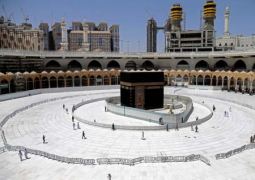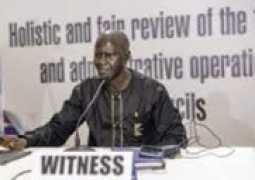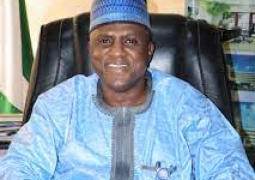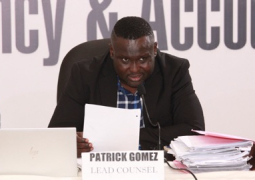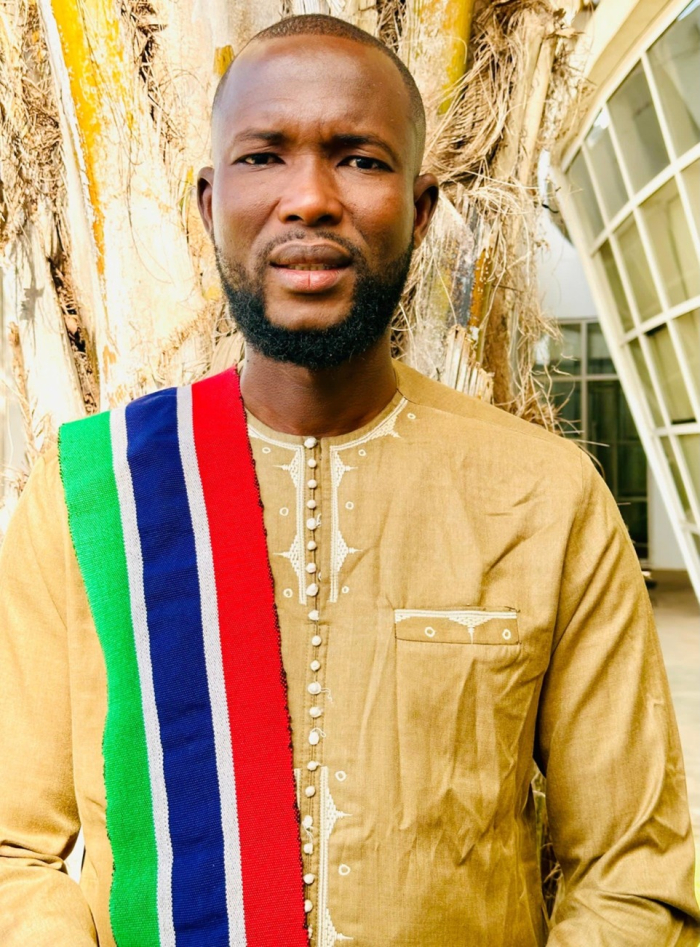
Hon. Bah highlighted that during the two-decade rule of former President Yahya Jammeh, the country witnessed massive theft of public resources. Investigations by the Organised Crime and Corruption Reporting Project (OCCRP) revealed that Jammeh siphoned off nearly $1 billion from state entities including the national oil company, social security funds, and the telecommunications sector despite earning an official salary of just $65,000.
In response, Bah said the Janneh Commission was set up in 2017 by the Barrow administration to probe these financial crimes. However, the handling of recovered assets has since sparked controversy. Whistleblower Alhagie Mamady Kurang, former Secretary General of the Commission, revealed that assets were being sold off even before the Commission completed its mandate. His dismissal raised further questions about the process’s integrity.
He added that in May 2025, thousands of Gambians took to the streets for three consecutive days, demanding the release of the full list of recovered and sold assets. This public outcry prompted the government to hold a cabinet meeting and led to the National Assembly convening an Extraordinary Session to establish a Special Select Committee on the asset recovery process.
“The people deserve to know where the money went and how the recovered assets were managed,” Hon. Bah said. “Accountability is not a favour; it is a right in a democratic society.”
He emphasised that asset recovery is not just about returning stolen funds, it is about restoring public trust and correcting past wrongs. These resources, he said, could have been used to fund schools, hospitals, and other life-saving infrastructure.
“We must ensure that justice is not only done but seen to be done. Transparency must guide every step,” he added.
The Banjul North NAM indicated that as the Special Select Committee begins its work, citizens are watching closely, hopeful that the truth will come out and that justice will prevail.


